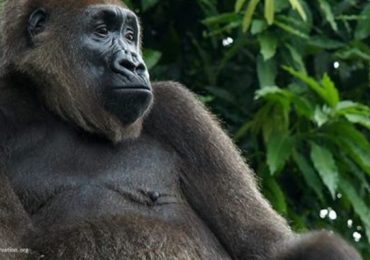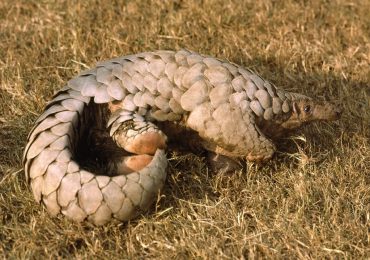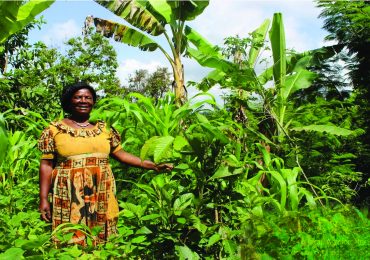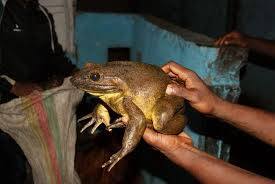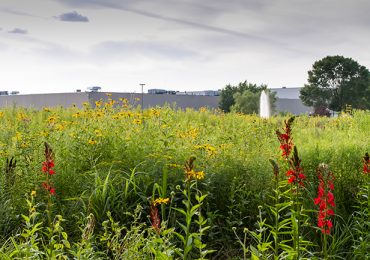Despite the COVID-19 pandemic rocking Cameroon, which needs stringent hygienic measures to curb its spread, the people of Bertoua might be caught in a predicament as the town suffers from acute water shortage, with dry taps.
Since the launching of the Bertoua water project by the government of Cameroon, in 2017 which, was earmarked to end by June 2020, the project is far from reaching its objective as work progress has been very slow and Bertoua still suffering from water shortage. The project is expected to increase the water capacity to about 7500m3 per day benefiting 90000 people with new connections and build new stand pipes but it’s rather unfortunate that all taps are still very dry with no signs of flowing anytime soon.
The people of Bertoua have now resorted to or depend on water sources such as wells, and rivers which are of very poor quality and not fit for drinking. The rich can afford to buy mineral water from the market but what becomes of the poor local population in the community who cannot afford to buy processed water that is fit for drinking for their households?
According to the World Health Organization, drinking water sources are sources that are protected from outside contamination, in particular from fecal matter by nature of its construction or through active intervention.
This is not the case with Bertoua water sources since they are exposed and open to contamination which leads to water borne diseases such as typhoid, cholera bacillary dysentery and other diarrheal diseases.
Other risk factors of contaminated water sources are the risk of the ingestion of unsafe water, lack of water linked to inadequate hygiene, poor personal and domestic hygiene and agricultural practices, contact with unsafe water, and inadequate development and management of water resources or water systems.
Water plays important roles in our body, it is the major part of most of the body’s cells (except for fat cells) and it also lubricates the brain and the joints.It transports nutrients and carries waste away from the body cells. It also helps to regulate body temperature by redistributing heat from active tissues to the skin and cooling the body through perspiration. ERuDeF in the nearest future will be looking for feasible ways to safe most communities especially in the East from experiencing droughts and ensuring that the people have access to safe drinking water.



